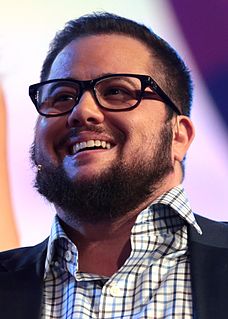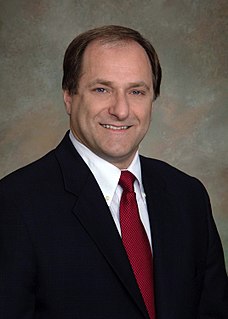A Quote by Asia Kate Dillon
Non-binary is a term used by some people, myself included, who feel that their gender identity falls outside the tradition boxes of man or woman.
Related Quotes
My conception around being a woman in 2016 has definitely been shifting over the past year, because I feel like I'm proud of womanhood, and I feel attached to it, and at the same time I'm someone who doesn't believe in having a gender binary, and so often times I separate those two concepts in my mind - the concept of being a woman and the concept of being a girl or being female, being kind of attached to a certain gender identity.
As someone who is non-binary gender identifying, I feel a particular responsibility to portray members of my community on stage and on screen, not only as fully fleshed-out characters who are integral to the plot, but as characters whose gender identity is just one of many parts that make up the whole person.
Why would one's identity be a matter of feelings? I think that that's a misuse of terms, philosophically. Identity is mind independent. It's something that is objective, regardless of how you feel. So, the term gender identity seems to me to be something of an oxymoron. It's not really about one's identity. It's rather a matter of one's self-perception or one's feelings about oneself.
Someone who is experiencing gender dysphoria would be someone who feels that his biological sex doesn't match up with the gender that he feels. So, I might feel like I am a woman trapped in a male body, and you can imagine how horrible that would be to have that kind of experience or to think that you're a man trapped in a woman's body. It must be just a terribly difficult experience for those who experience gender dysphoria. But this is not anything to do with homosexual attraction or activity. It's a matter of one's self-perceived identity.
I've been exploring gender performativity in the Gulf since I was a teenager. I'm not a gender anthropologist, but I feel like there's an extreme binary between femininity and masculinity in the Gulf. From a young age, I knew I didn't want to be part of it. Gender is a huge gray area, and the problem with defined roles is that they cover up undefined ones.
I have this very kind of like heterodox idea of what an education is, what underpins identity. I don't think I'm very easily pigeon holed in any of those boxes, so I confront this. I have a staff full of young people who came up in a very different tradition and who feel very fired up about the big identity battles. I listen and I try to navigate them, but I don't find them mapping onto my life in a personal way which is, which is hard.
I'd say my relation to being a woman is, I mean being a woman is whatever you want because the concept of gender is not really real, you know? And so for me it's about being comfortable in myself. It's about allowing myself to express who I am in any way that I want to, whether that be through my clothing, the way I present myself to the world, whether that be through like my gender identity and my pronouns. It's just really about allowing yourself to really be expressive and creative.






























